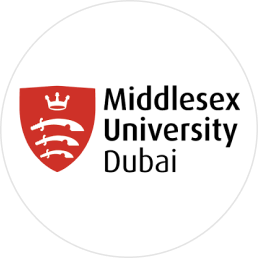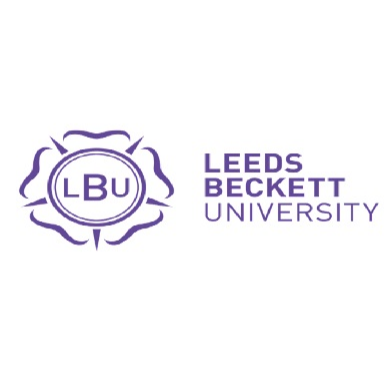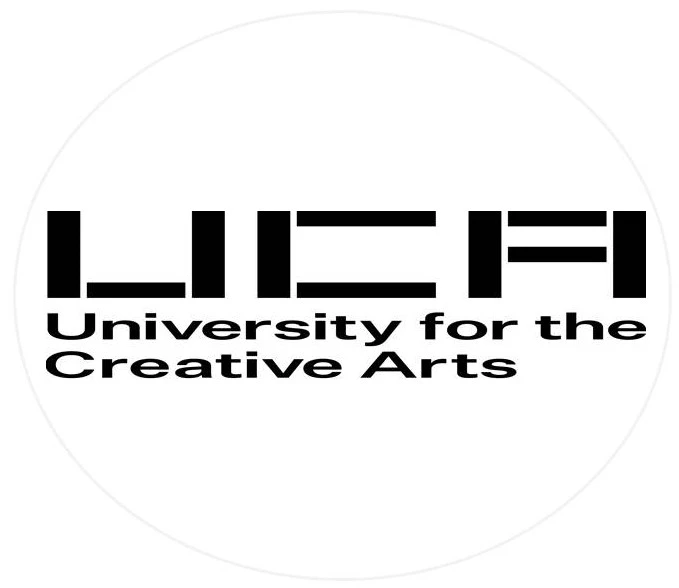• IELTS
Intelligence & Giftedness Reading Answers- IELTS - Reading Sample Question
3713 Reads
3 min Read
Prepare for IELTS with Canamprep to enhance performance in the reading section. This blog, ‘Intelligence and Giftedness Reading Answers’ IELTS Academic Reading Sample Question’ focuses on effective time management strategies and helps to develop skimming and scanning techniques to quickly identify the main idea. Using these techniques is extremely helpful in improving efficiency when working with time limitations during a test.
Table of Contents
Tips and Strategies to Crack the IELTS Reading Test
| Understand the Context | Read the entire passage to grasp the overarching theme before attempting the questions. |
| Vocabulary Expansion | Improve your reading comprehension by expanding your vocabulary. Focus on words related to intelligence and education to enhance your understanding. |
| Skimming Practice | To read efficiently, try skimming passages to find the main ideas and then scan for specific details to answer questions. This technique can save time and help you focus on what's important. |
| Time Management | During practice sessions, allocate up to one minute per question to manage your time effectively. |
It is important to infer meaning and draw conclusions from text, as not all answers will be directly stated.
Questions 14-17
Questions 18-22
List of People
Questions 23-26
Answers
Conclusion
FAQ
Get great articles direct to your inbox
The latest news, articles, and resources, sent straight to your inbox every month.
Popular Universities to Study Abroad
World class education waiting for you.

Middlesex University - Dubai Campus
Dubai, UAE • 136 Programmes
Tuition Fee : AED 62500-63000 / year

Leeds Beckett University - Headingley Campus
England, UK • 98 Programmes
Tuition Fee : GBP 14000-13000 / year

Fresenius University of Applied Sciences - Cologne Campus
North Rhine-Westphalia, Germany • 11 Programmes
Tuition Fee : EUR 10491-12240 / year


Macromedia University of Applied Sciences - Berlin Campus
Berlin, Germany • 40 Programmes
Tuition Fee : EUR 11000-11000 / year


Swansea University - Singleton Park Campus
Wales, UK • 245 Programmes
Tuition Fee : GBP 15000-23500 / year

University for the Creative Arts - Canterbury Campus
England, UK • 31 Programmes
Tuition Fee : GBP 16000-17000 / year
Popular English Language Proficiency Exams
IELTS Online
- Live Classes
Blogs and Articles
Curated content to keep you updated on the latest education trends, news and more.
Updated on • Jul 17,2025 05:33 PM IST • USA
PTE Accepted Universities in Australia
Updated on • Jul 17,2025 05:09 PM IST • PTE
Part-Time Jobs for International Students in Australia
Updated on • Jul 17,2025 03:44 PM IST • Australia
Updated on • Jul 12,2025 04:02 PM IST • USA
Updated on • Jul 11,2025 11:32 AM IST • Education
CPT vs OPT: Meaning, Difference, and How to Apply
Updated on • Jul 11,2025 10:40 AM IST • USA
Masters in Computer Science in UK: Top Colleges, Eligibility, Scholarships
Updated on • Jul 10,2025 11:29 AM IST • study in the UK
Highest Paying Jobs in the World
Updated on • Jul 08,2025 01:40 PM IST • Study Abroad
MBA in Australia for Indian Students: Best Universities, Requirements, Scholarship, Courses, Jobs
Updated on • Jul 08,2025 01:35 PM IST • Australia
Canada vs Australia: Which Country is Better for Indian Students in 2025?
Updated on • Jul 07,2025 12:46 PM IST • Education
France vs Germany: Which Is Better for International Students?
Updated on • Jun 30,2025 05:15 PM IST • Education
Top 10 Agricultural Universities in USA
Updated on • Jun 27,2025 05:25 PM IST • USA
Most In-Demand Future Careers in 2025
Updated on • Jun 26,2025 04:41 PM IST • Education
How Much Do Nurses Make in the U.S.?
Updated on • Jun 23,2025 03:59 PM IST • USA
Updated on • Jun 21,2025 02:00 PM IST • USA
MBA in UK: Universities, Eligibility, Types, and Career Opportunities
Updated on • Jun 19,2025 04:09 PM IST • UK • study in the UK
Scholarships in France for Indian Students
Updated on • May 29,2025 05:22 PM IST • France
Intakes in Dubai for Indian Students
Updated on • May 27,2025 03:34 PM IST • Study in Dubai
France Student Visa 2025 – Requirements, Fees, Checklist & Application Process
Updated on • May 23,2025 03:36 PM IST • France
MBA in France for Indian Students in 2025
Updated on • May 22,2025 05:35 PM IST • France
Related Blogs and Articles
A little effort to provide an authentic and reliable content for keen readers!!
Updated on • 11-04-2025 • IELTS
Describe Your Hometown IELTS Speaking Part 1 Topic
Updated on • 07-04-2025 • IELTS
PTE vs IELTS : Know the Difference and Which is Easier?
Updated on • 21-03-2025 • IELTS
IELTS Exam Dates 2025 in India
Updated on • 18-01-2025 • IELTS
IELTS Reading Practice Tests 2025: Reading Passage and Sample Questions
Updated on • 15-01-2025 • IELTS
IELTS Letter Writing Topics 2025
Updated on • 15-01-2025 • IELTS
Canada IELTS band requirements 2025
Updated on • 10-01-2025 • IELTS
Updated on • 25-11-2024 • IELTS
Updated on • 21-11-2024 • IELTS
Updated on • 02-11-2024 • IELTS
Linking Words for IELTS Speaking - Word List & Tips
Updated on • 25-10-2024 • IELTS
IELTS Writing Task 2 - Academic and General Topics with Sample Answer
Updated on • 25-10-2024 • IELTS
IELTS Writing Task 2: Tips, Lessons & Models
Updated on • 25-10-2024 • IELTS
IELTS Test Report Form (TRF): Number, Tracking, Validity and Sample
Updated on • 25-10-2024 • IELTS
IELTS Speaking Samples and Answers
Updated on • 25-10-2024 • IELTS
Updated on • 25-10-2024 • IELTS
Updated on • 25-10-2024 • IELTS
IELTS Sample Charts for Writing Task 1 Practice
Updated on • 25-10-2024 • IELTS
IELTS GT Writing Task 1/ IELTS Letter Writing
Updated on • 25-10-2024 • IELTS
Updated on • 25-10-2024 • IELTS














